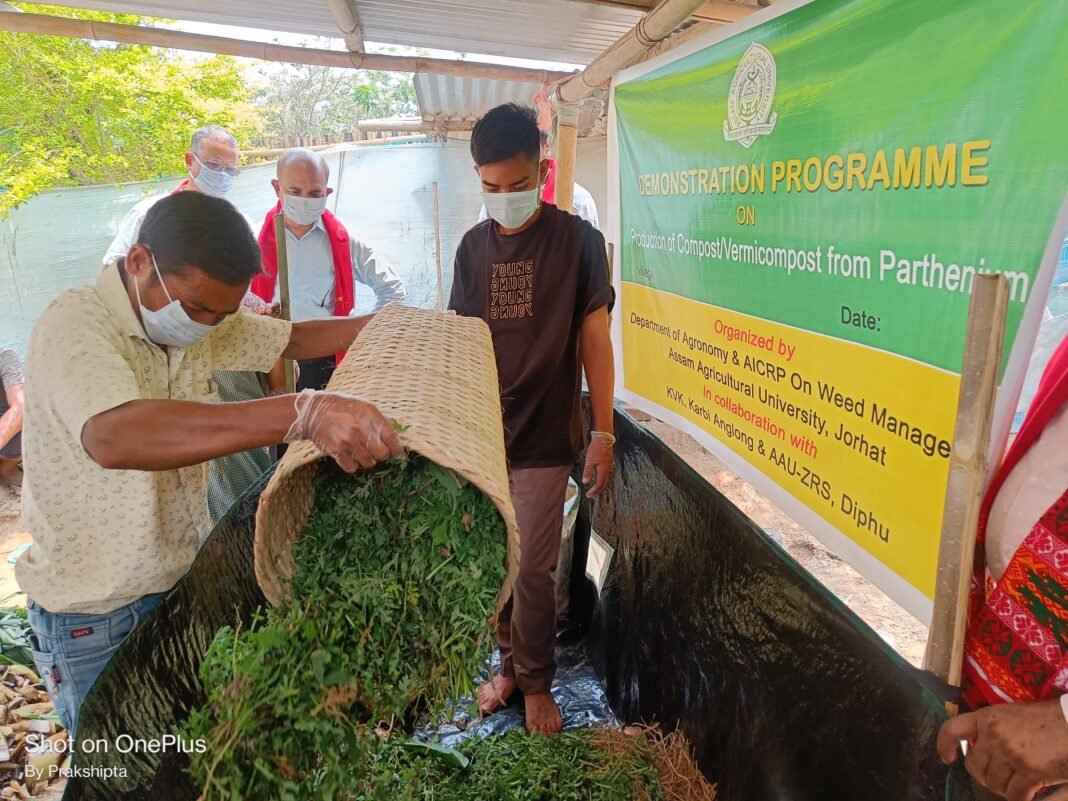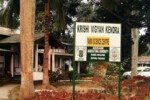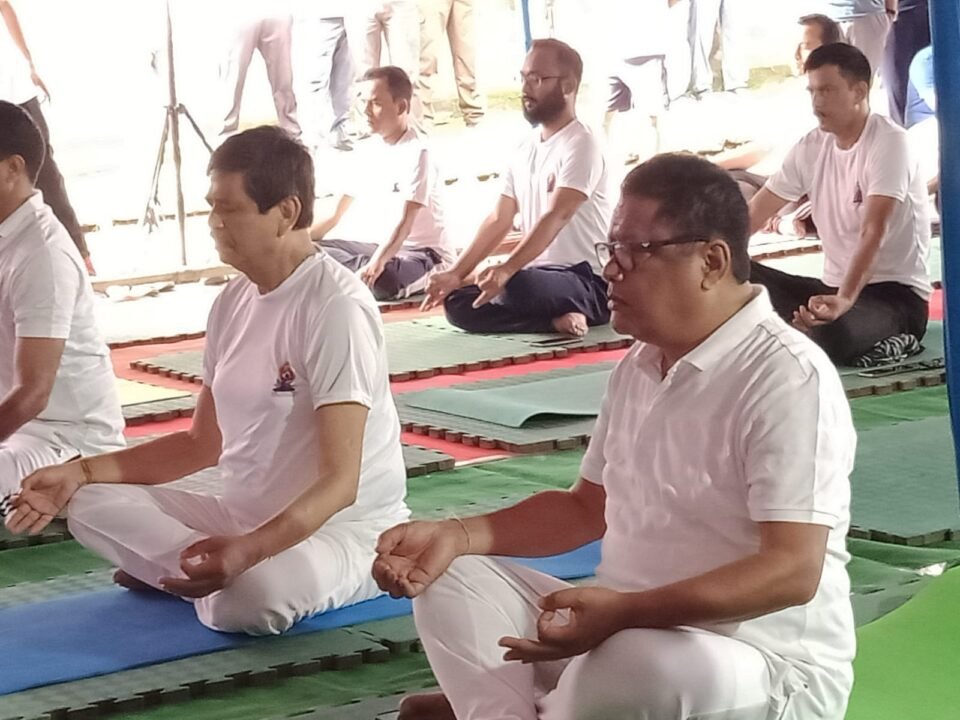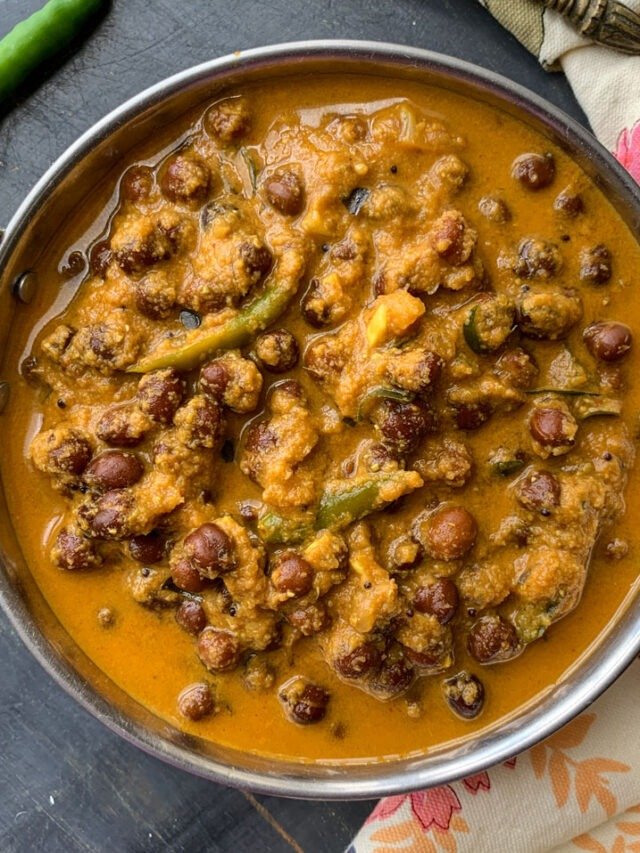HT Bureau
DIPHU, May 11: In a significant step towards promoting sustainable agriculture and addressing the challenges posed by invasive weeds, the Krishi Vigyan Kendra (KVK), Karbi Anglong, organised a one-day demonstration programme on compost production from Parthenium hysterophorus at Amlokhi, Karbi Anglong recently.
The event was jointly conducted by KVK Karbi Anglong, the Department of Agronomy, and the All India Coordinated Research Project (AICRP) on Weed Management, Assam Agricultural University (AAU), Jorhat.
According to an official statement, the programme aimed to highlight the potential of converting Parthenium—an aggressive and hazardous weed—into a beneficial resource for farmers.
Dr Monuj Kumar Doley, Head of KVK Karbi Anglong, inaugurated the programme and outlined its objectives, stressing the need for innovative weed management strategies in agriculture.
Dr Kalyan Pathak, Head of the Department of Agronomy, elaborated on the health and environmental risks associated with Parthenium.
He pointed out that the weed can cause severe health conditions such as dermatitis, asthma, hay fever, and bronchitis in humans, as well as allergic reactions in livestock.
He emphasised the value of converting the weed into compost as a sustainable solution.
Dr Khagen Kurmi, Professor in the Department of Agronomy, provided insights into sustainable Parthenium management through composting and the preparation of botanical formulations.
He noted that this method not only mitigates the harmful effects of the weed but also contributes to soil fertility and productivity.
Dr Manas Jyoti Barooah, Principal Investigator of AICRP on Farm Implements and Machinery, discussed the production and agricultural benefits of biochar derived from Parthenium.
He explained how biochar can enhance soil health and support crop growth.
Dr Milon Jyoti Konwar, Scientist at the Directorate of Research, AAU, Jorhat, highlighted the detrimental impact of Parthenium on crop yields, livestock, and grazing land.
He stressed the urgency of adopting effective control measures for this invasive species.
A live demonstration on the preparation of compost using Parthenium was conducted by Prakshipta Boruah, Subject Matter Specialist (Agronomy), and Monuj Pegu, Farm Manager, KVK Karbi Anglong.
The compost was prepared using dry cow dung, chopped banana pseudostems and leaves, paddy straw, and Parthenium plants (excluding flowers).
The resulting compost is expected to be ready for application after approximately 60 days.
In an effort to encourage local participation and sustainable practices, vermi-beds were also distributed to Self Help Groups in the village.
The event witnessed the active engagement of 20 farmers who gained practical knowledge and hands-on experience in transforming Parthenium into useful compost.
The initiative is part of a broader effort to promote environmental sustainability, manage invasive species, and empower farmers with low-cost, eco-friendly solutions for soil health improvement.












